
How to heal and prevent chapped lips naturally
Chapped lips are a common issue, especially in Canada’s extreme climates—from cold, dry winters to sunny, dehydrating summers. Whether caused by weather, dehydration, or daily habits, dry lips can lead to discomfort, painful cracks, and a dull appearance. Fortunately, with the right care routine and nourishing products like a natural lip balm and gentle scrub, your lips can stay soft, smooth, and healthy all year round.
In this article, we’ll explore the main causes of dry lips, natural ways to treat them, and easy daily tips to prevent future chapping.
Why do lips get chapped?
Chapped lips are the result of both external and internal factors that compromise this delicate area of the face.
1. Lips are naturally more fragile
The skin on our lips is thinner and more sensitive than the rest of the face. It also lacks sebaceous glands, meaning it doesn’t naturally produce protective oils. This makes lips especially vulnerable to environmental stressors like cold wind, dry air, or sun exposure—leading to rapid moisture loss, cracking, and irritation.
2. Harsh weather conditions
Cold temperatures, dry winter air, and intense summer sun all contribute to lip dehydration. These elements strip away moisture, reduce skin elasticity, and cause tightness and discomfort.
3. Dehydration
When your body lacks proper hydration, your lips are among the first to show it. Without enough water, cell renewal slows, and lip skin becomes dry and flaky, sometimes even splitting painfully.
4. Harmful habits
Everyday actions like licking your lips, smoking, or using harsh cosmetics can disrupt the skin’s natural barrier. This creates a vicious cycle: the more irritated your lips are, the more you lick them—and the drier they get.
5. Nutrient deficiencies
Lack of vitamins—especially B-complex, C, and folate—can impair skin repair and slow healing. An unbalanced diet is often an overlooked contributor to chapped lips.
How to treat chapped lips
To repair and protect your lips, choose gentle, nutrient-rich products that nourish and restore.
Natural lip balm: a must-have
A high-quality lip balm does more than coat your lips—it hydrates, soothes, and repairs. At Nurish, our natural formulas include powerful ingredients:
-
shea butter for deep nourishment and healing
-
coconut and grapeseed oils rich in essential fatty acids
-
resveratrol, vitamin C, and Quebec-grown honeyberries for antioxidant and regenerative benefits
How to apply lip balm properly
For best results, apply your lip balm:
-
in a thin layer several times a day (after meals or whenever needed)
-
in the morning before going outside, and in a thick layer at bedtime
-
with a gentle massage to promote absorption and boost local circulation
Lip exfoliation: the overlooked step
Using a lip scrub is key to removing dead skin, smoothing the surface, and enhancing product absorption.
Use our gentle exfoliator twice a week. Apply to damp lips, massage in circular motions, rinse thoroughly, and follow with your Nurish lip balm for maximum hydration.
How to prevent chapped lips: daily habits that help
Here are simple, effective tips to keep your lips soft and healthy:
-
drink enough water throughout the day, even during winter
-
eat foods rich in vitamins B, C, E and omega-3s to support skin health
-
avoid lip balms with alcohol, menthol, or camphor, which can worsen irritation
-
stop harmful habits like lip-licking and smoking
Chapped lips don’t have to be a constant battle. With the right care, using a natural, hydrating balm and a gentle exfoliator, you can restore your lips’ comfort, softness, and natural glow. Nourish and protect them daily, and let your smile shine all year long.





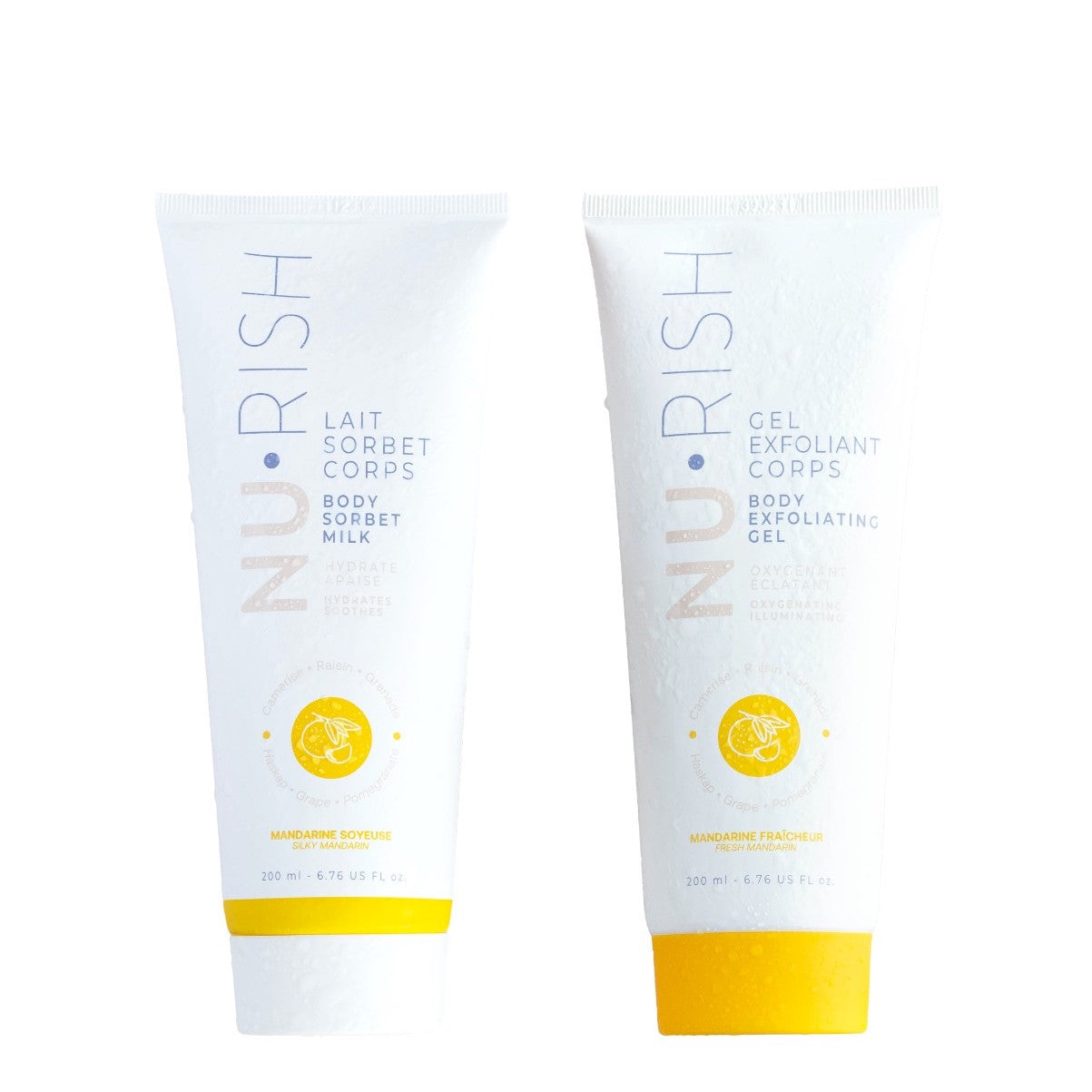
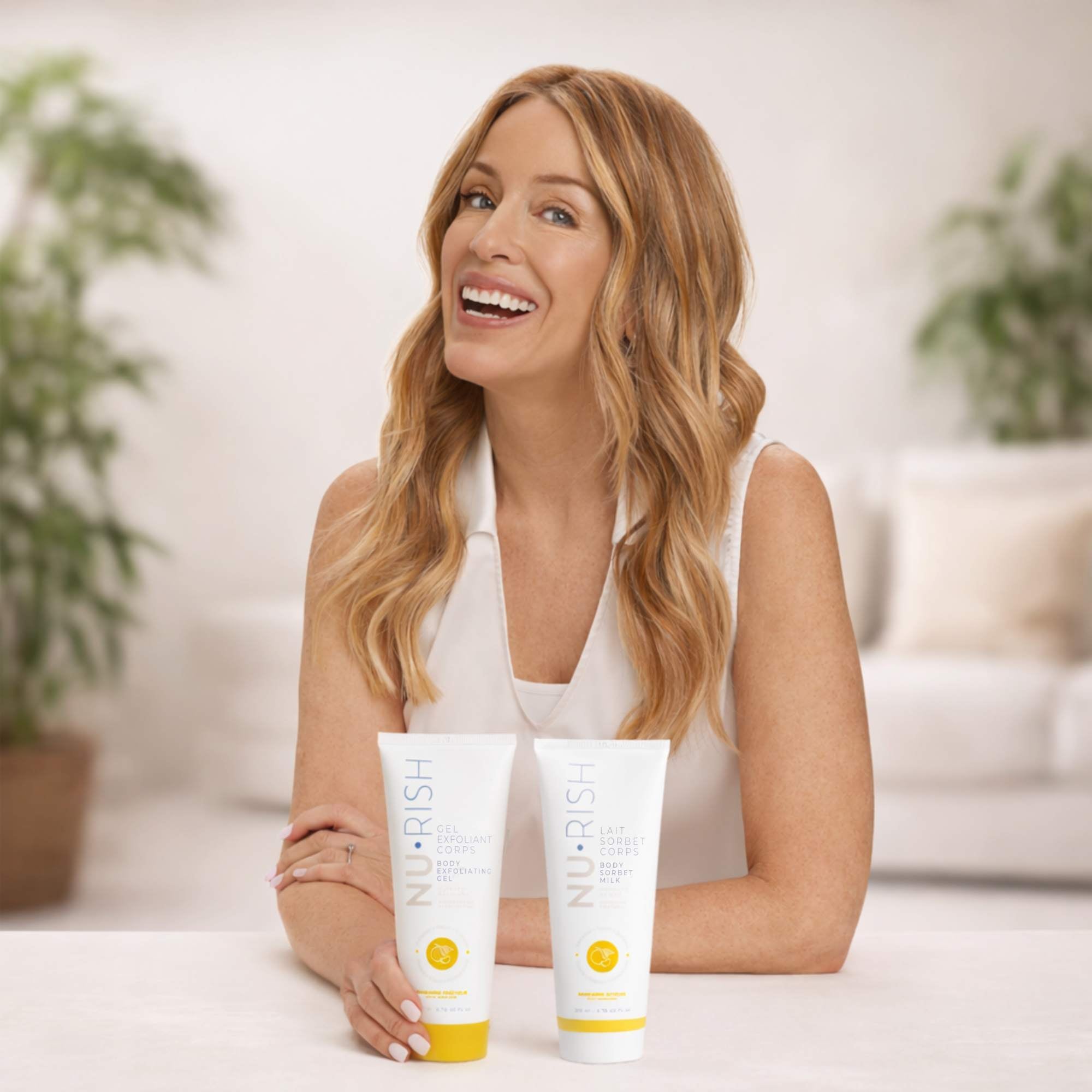
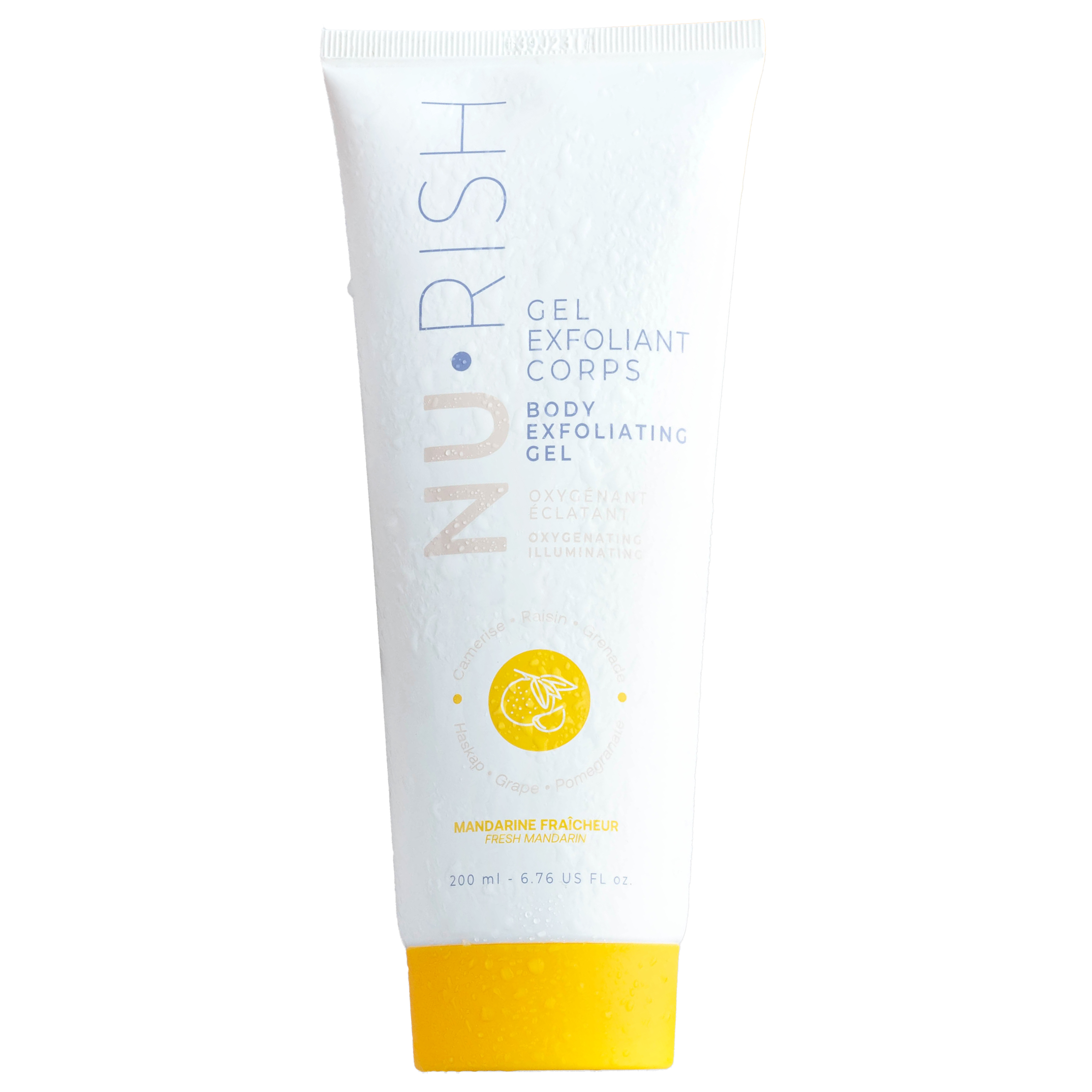

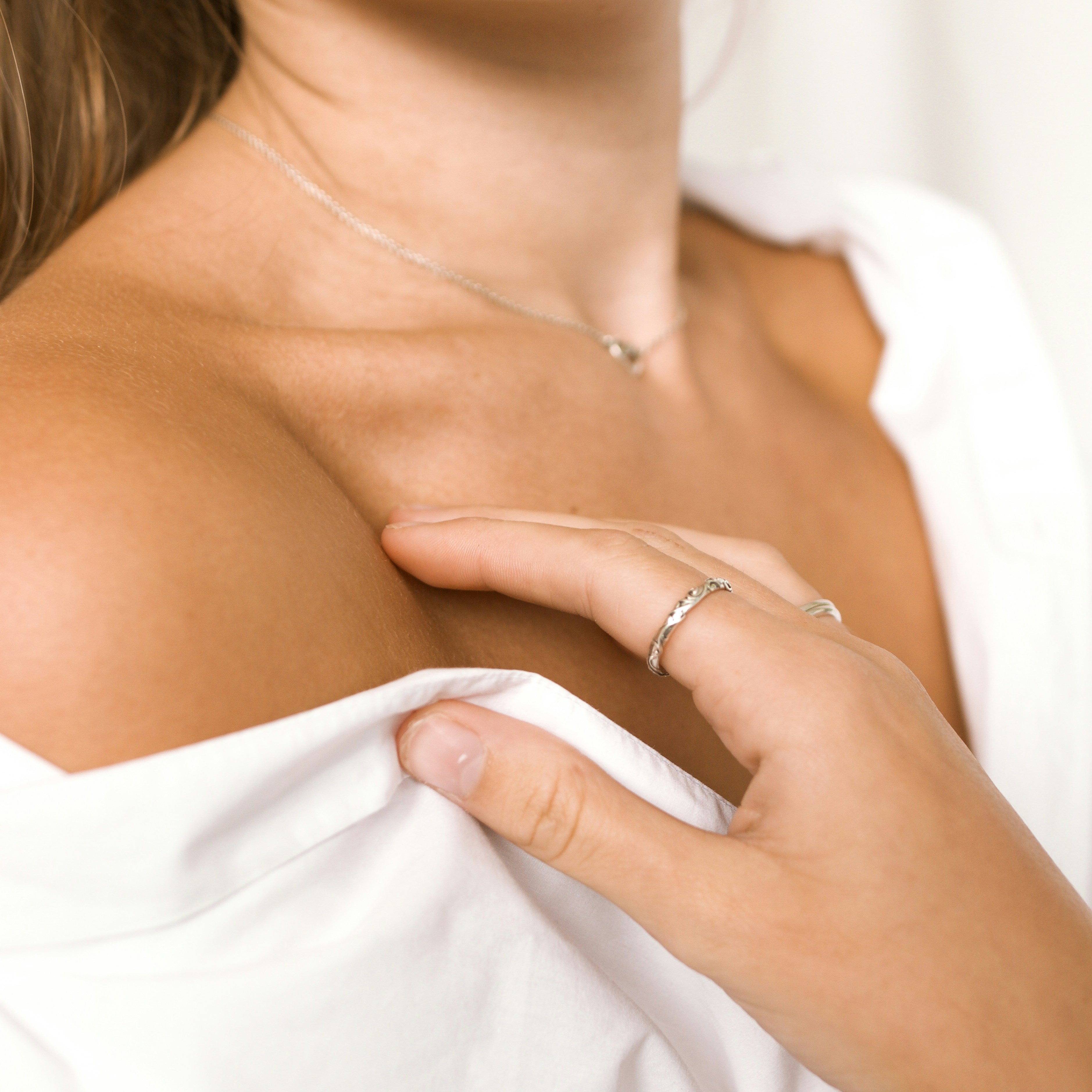
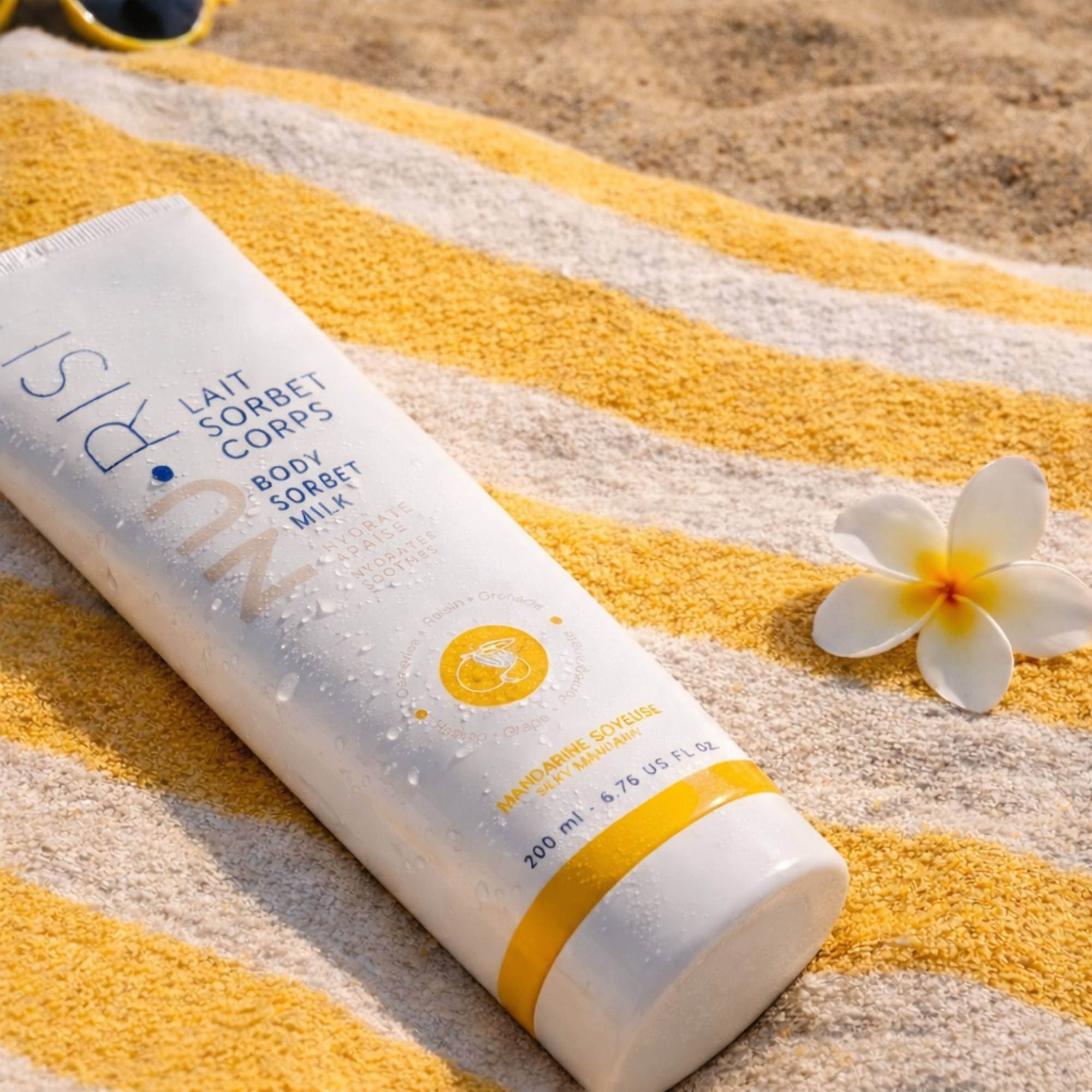
Leave a comment
This site is protected by hCaptcha and the hCaptcha Privacy Policy and Terms of Service apply.